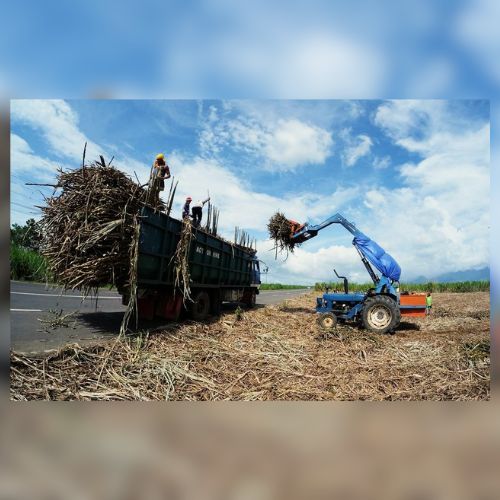A 20 percent drop in sugar production for this crop year is expected in Negros Island, due to the effects of the drought brought about by El Niño phenomenon, recently disclosed Manuel Lamata, the president of United Sugar Producers Federation of the Philippines (UNIFED).
Lamata also estimates the damage to the sugar industry in the hundreds of millions. At the same time, he slammed what he claims as the “incompetence” of the Bureau of Soils and Water Management (BSWM), for not conducting cloud seeding operations in March, to save the sugar industry from the effects of drought.
He said that BSWM sacrificed the hundreds of billions of the sugar industry by not conducting cloud seeding operations, in order not to damage mango plantations, which is a smaller industry.
“That is stupid and crazy. That’s unacceptable,” he stressed.
On the decision of the Department of Agriculture to start cloud seeding operations due to availability of seedable clouds, amid the start of rainy season, Lamata said “we will have to accept it,” adding that DA already sent emissaries to ask him for the use of his airplane, which he agreed to for a fee.
He said they need rain for the planting of canepoints. “It’s better late than never,” Lamata added.
Imagine the damage and chaos caused by BSWM for not heeding the call to conduct cloud seeding operations, Lamata said, as he noted the increase in prices of 10,000 ‘patdan’ (canepoints), to P7,000 from P2,000.
The UNIFED chairman even called for the abolition of BSWM.
As an agricultural province, being planted with more than 200,000 hectares of sugarcane, Lamata asked “why we have no facilities for cloud seeding operations?”
He also stressed the need for an LGU to buy an airplane, which may cost around P50 million.
“It’s not exorbitant,” Lamata said, adding that it can be used for 20 years, with proper maintenance.
As of May 16, the drought has destroyed P535.6 million worth of crops and livestock in Negros Occidental. (Gilbert Bayoran via The Visayan Daily Star)

